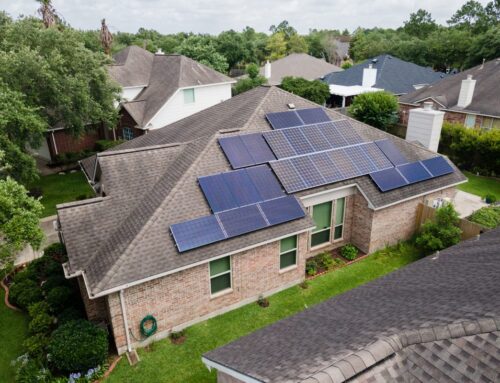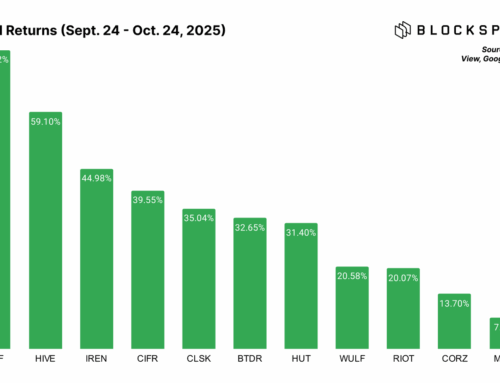Harvard student creates renewable energy with help from her native American Samoa
October 24, 2025
As Massachusetts celebrates STEM Week, one Harvard freshman is standing out for her creative approach to renewable energy, using resources from the island where she grew up, oceans away.
Her name is Amelie Chen, and she’s already thinking about how to power the future.
“I learned how to turn algae into biofuel in a $7 million lab at UC Berkeley, and that was throughout a summer program in my freshman year [of high school],” Chen said. “And I ended up creating biofuel in my kitchen with no lab.”
Creating biofuel from coconuts and algae
Without access to expensive equipment, Chen improvised. She used coconut ash to extract the chemicals she needed, turning a local resource into a key ingredient for innovation.
“I was able to extract potassium iodide from the coconuts and use that to separate the oils from the algal cell parts,” she said.
That creativity earned her national attention. Chen was named a National STEM Champion, joining students from around the country and its territories for their achievements in science, technology, engineering, and math. At Harvard, she’s found a new community of innovators including a fellow National STEM Champion, Rohan Bhosaleat MIT, driven by a shared goal to “make the world a better place.”
“It’s a way to say thank you to my island”
But the idea that started it all came from home…a small island surrounded by the Pacific.
“American Samoa,” Chen said. “It’s a small island in the South Pacific. It’s actually an American territory. We only have 50,000 people living there.”
Growing up there, she saw how rising sea levels and coral bleaching were changing her world.
“Finding another renewable energy source can help fight climate change,” she said. “I think it’s a way to say thank you to my island.”
Now studying environmental engineering and economics, Chen hopes to scale her biofuel project and one day launch her own company focused on algae-based renewable energy.
“Science, it’s a very complex word because it can be used in very good ways. And to me, it’s about using real world data to make an impact,” she said.
Featured Local Savings
Search
RECENT PRESS RELEASES
Related Post




